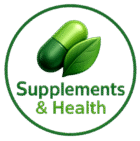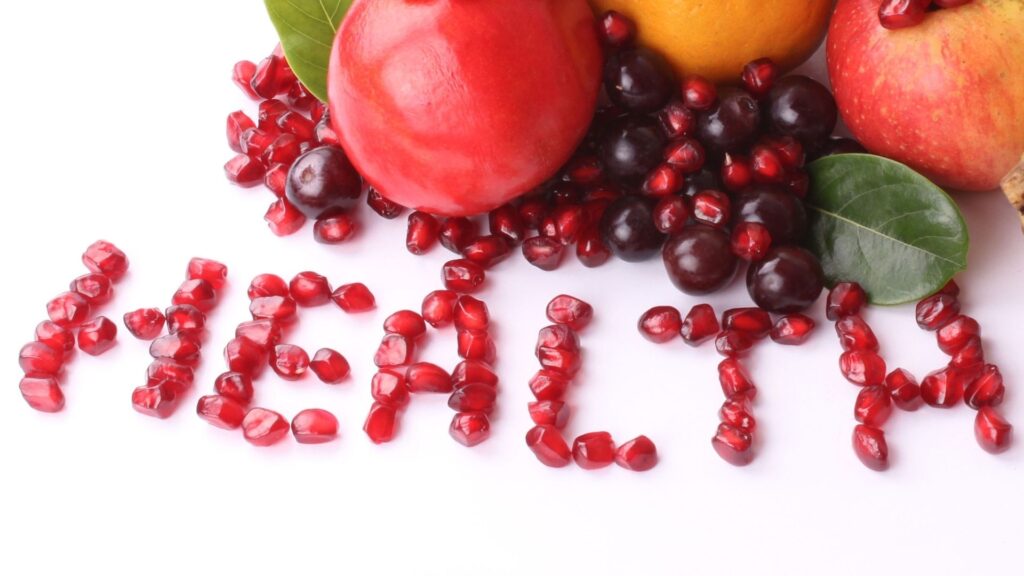Tens of thousands of supplements flood the market today. Sadly, many of them do little more than lighten your wallet, and a few can be downright bad for you.
Others — such as fish oil, vitamin D, creatine, probiotics, greens powders, and the humble multivitamin — can improve our health, athletic performance, and body composition.
And then there’s another group of supplements that offer equally important (and research-supported) benefits — while remaining largely unknown and little used.
Eager to learn more about these, I spent a few hours over at Examine.com, an expertly curated site that compiles and analyzes the latest research about hundreds of supplements and foods, along with other questions related to nutrition and health.
The database alone refers to more than 50,000 research papers. Editors painstakingly sift and sort the information to make it easier to understand. The result is a highly valuable resource to anyone who cares about nutrition and health.
Though I consider myself pretty knowledgeable, I came away from perusing the site with new insights about some amazing — but lesser known — supplements that I simply had to share.
Surprising Supplement #1: Curcumin
Curcumin is the yellow pigment in turmeric and curry spice, and it’s been studied for decades because of its many potential health benefits.

Anti-inflammatory benefits
Because curcumin reduces inflammation, especially if taken long-term, it also decreases pain, particularly post-operative and arthritic pain.
In fact, long-term curcumin supplementation decreases symptoms of osteoarthritis by more than half. When elderly and middle-aged patients with osteoarthritis took curcumin, it drastically improved their comfort and performance, allowing them to lead more active lives.
Curcumin also helps with general day-to-day pain – and the relief provided by 400 to 500 mg of curcumin seems comparable to taking 2000 mg of acetaminophen (Tylenol).
Curcumin can help reduce the pain associated with other diseases, such as ulcerative colitis and nephritis, limiting the inflammation and improving organ function. And perhaps because of its effects on inflammation, curcumin may also slow brain aging and cognitive decline.
Antioxidant benefits
Besides reducing inflammation, taking curcumin for longer periods decreases various markers of oxidation, such as C-reactive protein or lipid peroxidation.
Oxidation is the name we give to the process that occurs when oxygen interacts with our body’s cells and changes them. This process is completely natural; it goes on continuously and actually helps to keep us healthy.
Free radicals (cells that have become damaged during oxidation) lack critical molecules. In trying to repair themselves they sometimes go on a rampage in our bodies, ultimately injuring more cells by corrupting their DNA. This can lead to disease.
Our bodies naturally contain antioxidant enzymes to help protect us – namely, super-oxide dismutase (SOD), glutathione, and catalase. These powerful enzymes are our main defense against runaway oxidation.
Interestingly, not only is curcumin a strong anti-inflammatory and antioxidant by itself, it also significantly increases levels of these inherent bodily enzymes, further bolstering our defenses.
Because of this, curcumin supplementation can protect DNA from damage – even when someone is exposed to dangerous compounds, such as arsenic!
Anti-cancer benefits
Curcumin also seems to have anti-cancer benefits. This is because it can start a process called autophagy.
Autophagy is the selective destruction of damaged cellular tissue. Think of it as cellular housekeeping – cleaning up damaged debris and preventing damaged cells from accumulating.
Autophagy helps to isolate damaged organelles, allow appropriate cell differentiation, and promote the death of cancerous cells. In other words, it puts some of the bad guys in solitary, separates those who need to be separated, and kills off others.
People whose diets are high in curcumin are less at risk for colorectal cancer, prostate cancer, and breast cancer.
And if you’re already suffering from cancer, curcumin might even make chemotherapy more effective and protect healthy cells from radiation therapy. Not too shabby.
Safety and dosing
The commonly recommended dose for general health purposes is around 500 mg of curcumin daily. Research suggests that doses of up to 8-12 grams per day are safe. The main reported side effect is some gastrointestinal discomfort.
However, curcumin by itself is poorly absorbed. So to benefit from it, you’ll need a supplement with enhanced bioavailability.
Methods to improve bioavailability include added black pepper extract (piperine), mixing with phosphatidylcholine (phytosomes), or taking a curcumin nanoparticle product. Check labels to ensure you’re getting a product that will actually be absorbed.
Curcumin is fat-soluble, so it should be taken with a meal or other fat source (such as fish oil) to help boost absorption further.




